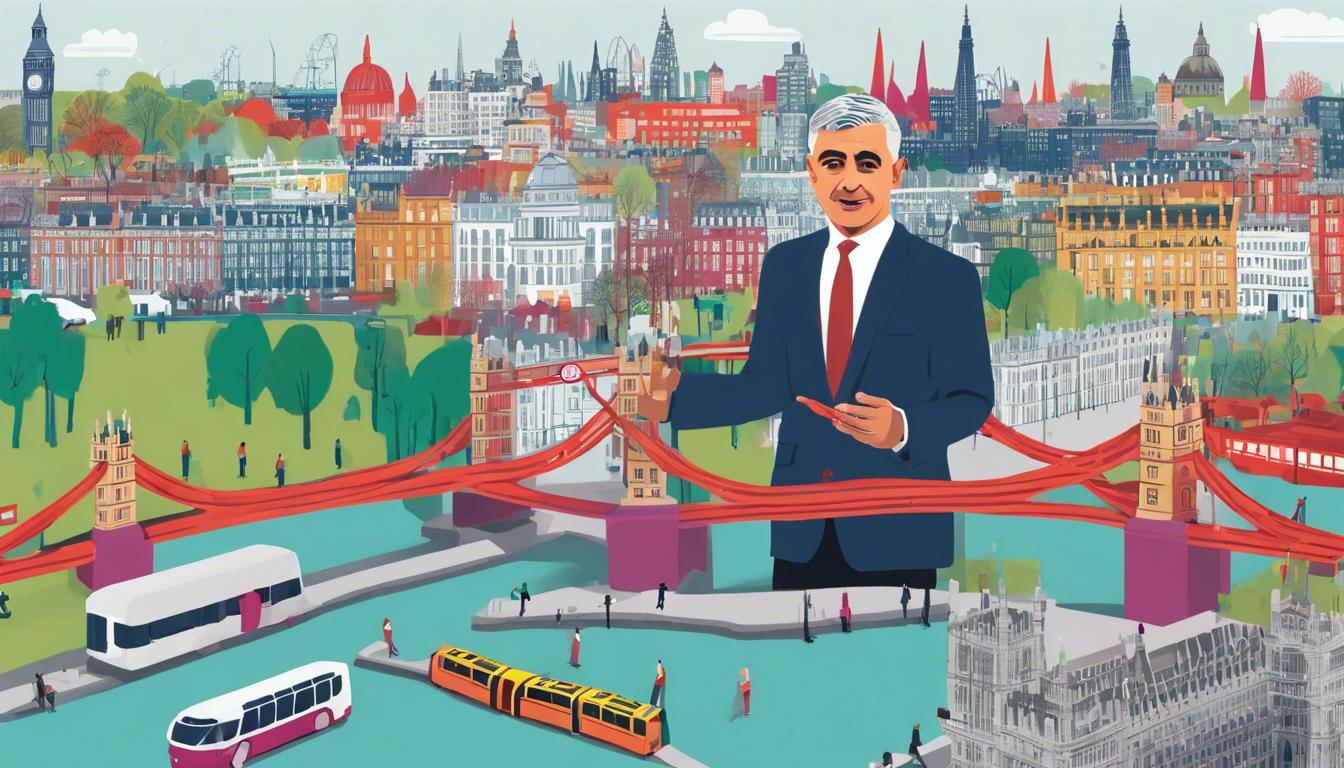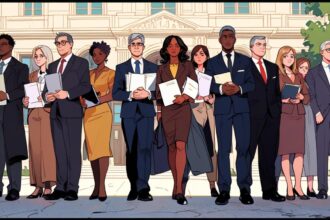As the mayoral election looms, London’s Mayor Sadiq Khan faces scrutiny over the management of the city’s transportation amid financial recoveries and the impact of rail strikes on commuters.
In London, Mayor Sadiq Khan’s management of the city’s transportation system is under scrutiny as the mayoral election draws near. Despite facing financial difficulties due to the aftermath of the Covid-19 pandemic, Transport for London (TfL) is on the path to recovery, expected to post an annual operating surplus of £162 million. Khan’s tenure has seen a push for environmental improvements through initiatives like the Ultra Low Emission Zone (Ulez) and the introduction of the ‘Superloop’ bus network. However, challenges such as delays in bus services and the closure of Hammersmith Bridge remain unresolved. Khan’s approach to managing TfL’s finances and major projects, including the Elizabeth line, will be a critical factor for voters in the upcoming election.
Moreover, the UK’s rail network is experiencing disruptions due to a series of rolling strikes by Aslef, the train drivers’ union. The strikes, held from 5th to 8th April, have led to thousands of train cancellations across major operators including Avanti West Coast, LNER, and Southern, with demands for better pay and working conditions at the core of the dispute. Mick Whelan, general secretary of Aslef, has emphasized the significant economic impact of the strikes, with over £2 billion lost and the prospect of further industrial action looming. The ongoing pay dispute has caused considerable inconvenience to commuters, with affected services into London being particularly impacted. As negotiations continue without a clear resolution, passengers are left seeking alternative transport solutions, such as additional coach services provided by National Express, amidst the ongoing disruptions to rail services.













